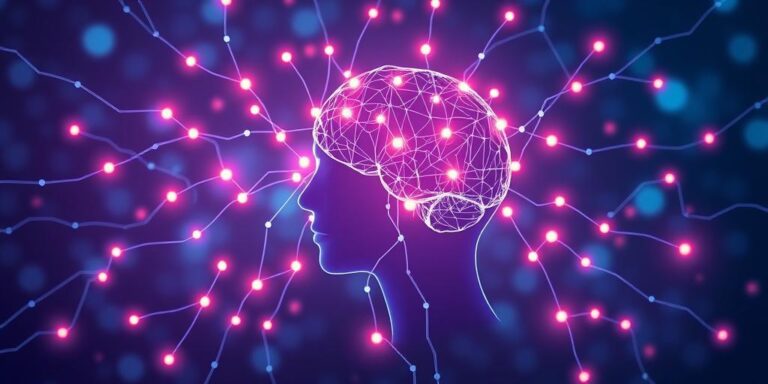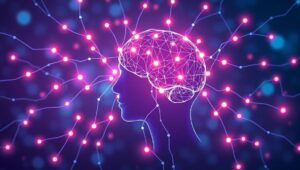The Psychology of Living with Advanced AI (2027 Insights)
As we move further into 2027, advanced artificial intelligence (AI) is no longer a futuristic concept but an integrated part of our daily lives. From personalized healthcare to AI-driven education, the presence of AI is reshaping human experiences. This article delves into the psychological impacts of living in a world increasingly influenced by AI, examining both the benefits and challenges.
Enhanced Cognitive Abilities
One of the most significant psychological effects of advanced AI is the augmentation of human cognitive abilities. AI-powered tools assist in decision-making, problem-solving, and learning. For example, AI tutors offer personalized education, adapting to individual learning styles and paces. This can lead to improved academic outcomes and a more profound understanding of complex subjects.
However, this reliance on AI also raises concerns about cognitive dependency. Over-reliance on AI tools may diminish critical thinking and problem-solving skills. It becomes crucial to strike a balance between leveraging AI for cognitive enhancement and maintaining independent thought processes.
Emotional and Social Impacts
AI is making inroads into emotional intelligence, with applications designed to understand and respond to human emotions. AI-driven chatbots provide emotional support, offering companionship and therapeutic interventions. These advancements can be particularly beneficial for individuals with limited access to mental health resources.
Nevertheless, the emotional connection with AI entities raises questions about the nature of human relationships. The psychological effects of forming attachments with non-human entities are still under investigation. Concerns include the potential for emotional dependency and the blurring of boundaries between human and artificial relationships.
Workplace Dynamics
AI has transformed the workplace, automating routine tasks and augmenting human capabilities. AI-driven systems optimize workflows, enhance productivity, and create new job opportunities. Employees can focus on higher-level tasks that require creativity, critical thinking, and emotional intelligence.
However, the integration of AI in the workplace also brings challenges. Job displacement due to automation can lead to anxiety and stress among workers. Psychological studies show that individuals may experience feelings of obsolescence and a need to adapt continuously to evolving job roles.
Ethical and Moral Considerations
Living with advanced AI requires careful consideration of ethical and moral implications. AI systems make decisions that impact human lives, raising questions about accountability and fairness. Algorithmic bias, where AI systems perpetuate societal biases, can have significant psychological effects on marginalized groups.
Transparency and explainability are essential to building trust in AI systems. Individuals need to understand how AI decisions are made and have recourse when AI systems produce unfair outcomes. Ethical frameworks and regulations are necessary to guide the responsible development and deployment of AI.
Conclusion
The psychology of living with advanced AI is multifaceted, encompassing cognitive, emotional, social, and ethical dimensions. While AI offers unprecedented opportunities for enhancing human capabilities and improving quality of life, it also poses challenges that must be addressed proactively. As we continue to integrate AI into our lives, understanding its psychological impacts is crucial for fostering a future where AI benefits all of humanity.




